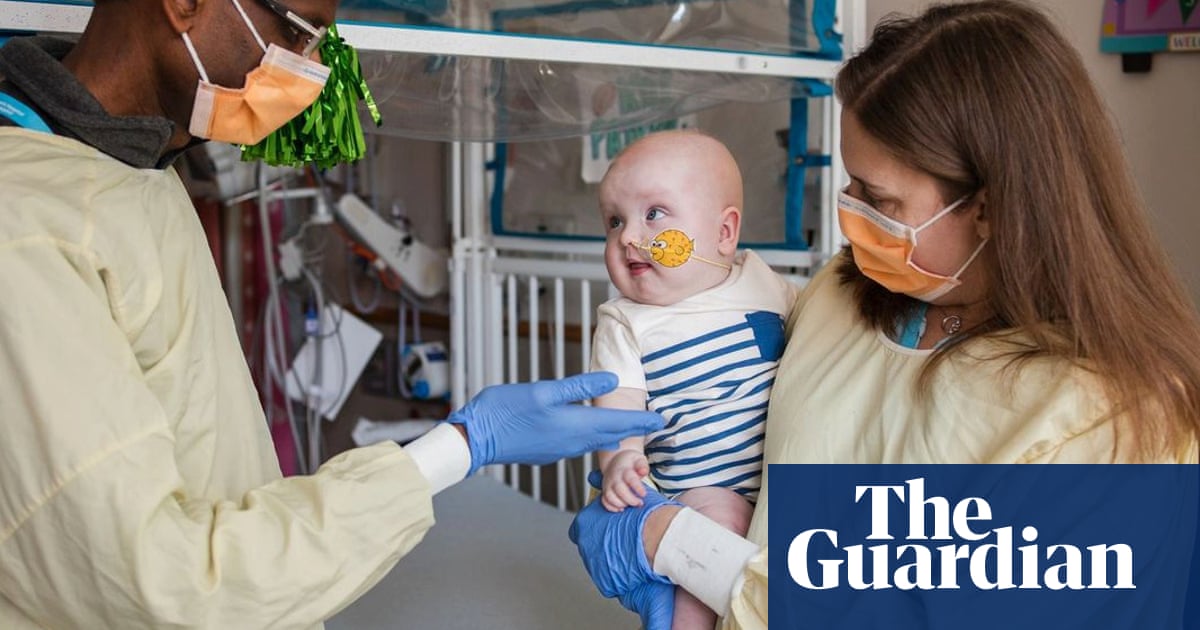Doctors in the US have achieved a remarkable milestone by treating a baby with a custom gene-editing therapy. This innovative approach arose after the baby, known as KJ, was diagnosed with a severe genetic disorder that affects about one in 1.3 million people. This condition, called CPS1 deficiency, prevents the body from processing ammonia, which can lead to serious health complications if not treated swiftly.
The team at the Children’s Hospital of Philadelphia and the University of Pennsylvania acted quickly. They designed and tested the personalized therapy in just six months. In February, KJ received the first dose of this groundbreaking treatment, followed by two more doses in the subsequent months. Doctors have reported that KJ is doing well, but he will require ongoing monitoring throughout his life.
Dr. Rebecca Ahrens-Nicklas, who is part of KJ’s medical team, highlighted that this achievement is the result of many years of advancements in gene editing technology. “While KJ is just one patient, we hope he is the first of many to benefit,” she said.
CPS1 deficiency is a rare genetic disorder that can lead to severe liver damage. While liver transplants are an option for some patients, many babies with this condition may not be strong enough for surgery. This gene-editing therapy utilizes base editing, a technique that can modify DNA one letter at a time, providing a targeted solution for KJ’s unique genetic mutations.
Since starting treatment, KJ has been able to increase his protein intake and reduce the medication needed to process nitrogen in his body. Experts, including Professor Kiran Musunuru, believe this case showcases the potential of gene therapy to transform medicine.
Dr. Miguel Ángel Moreno-Mateos, a geneticist, emphasized that while this therapy is tailored for one specific condition, it marks a significant step toward broader applications in genetic medicine.
This breakthrough could have wider implications for treating various genetic disorders. As we learn more, ongoing studies and patient experiences will shape the future of these therapies. The promise of gene therapy is not just a possibility; it is becoming a reality.
For further reading on gene therapy advancements, you can visit the New England Journal of Medicine.






















